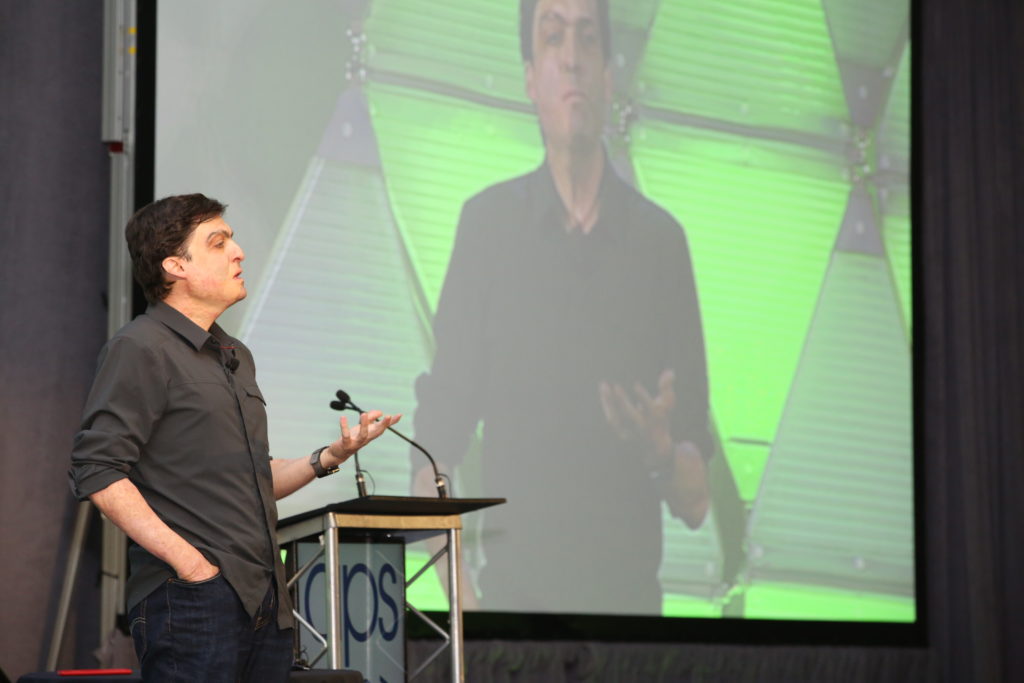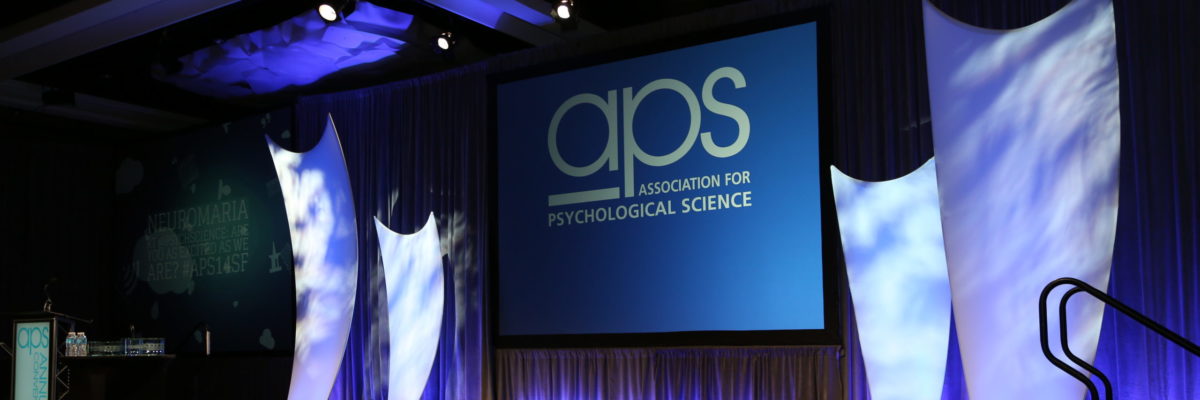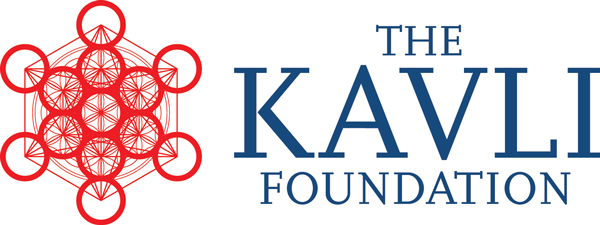The Kavli Foundation is dedicated to advancing science for the benefit of humanity, promoting public understanding of scientific research, and supporting scientists and their work. APS partners with the Kavli Foundation to present these Keynote Addresses, which are a highlight of the APS Annual Convention. To learn more about the Kavli Foundation, please visit their website at https://www.kavlifoundation.org.
György Buzsáki
APS 2020: Virtual
György Buzsáki, New York University, School of Medicine
Current neuroscience is largely fueled by an empiricist philosophy that assumes the brain’s goal is to perceive, represent the world, and learn the truth. An inevitable consequence of this framework is the assumption of a decision-making homunculus wedged between our perception and actions. In contrast, I advocate that the brain’s fundamental function is to induce actions and predict the consequences of those actions to support the survival and prosperity of the brain’s host. Only actions can provide a second opinion about the relevance of the sensory inputs and provide meaning for and interpretation of those inputs. In this “inside-out” framework, the brain comes with a preconfigured and self-organized dynamic that constrains how it acts and views the world. In the brain’s nonegalitarian organization, preexisting nonsense brain patterns become meaningful through action-based experience.
Michael Tomasello
APS 2019: Washington, DC
Becoming Human: A Theory of Ontogeny
Michael Tomasello, Duke University and the Max Planck Institute for Evolutionary Anthropology, Germany
Over the last two decades, the speaker and his colleagues have documented many differences in the cognitive and social abilities of human children (of different ages) and their nearest great ape relatives. In this talk, the speaker attempts to bring these studies together into a coherent theory of the ontogeny of uniquely human cognition and sociality. For each of eight developmental pathways (social cognition, communication, cultural learning, cooperative thinking, collaboration, prosociality, social norms, moral identity), the presenter attempts to identify the processes of maturation, experience, and self-regulation that transform great ape ontogeny in general into human ontogeny in particular. For each pathway, the maturation of capacities of shared intentionality — in two steps, at 9 months and 3 years of age — make possible new kinds of sociocultural experiences, which, in combination with processes of executive self-regulation, then generate and shape the ontogeny of uniquely human psychology.
Lynn Nadel
APS 2018: San Francisco, CA
Making and Remaking Memory: Past, Present, and Future
Lynn Nadel, The University of Arizona
Without memory, there is no past, nor a predictable future, but only an ever-present present. Important as it is, memory remains poorly understood. What are memories, how do we make them, and how are they affected by the passage of time and new experiences? In this presentation, I will briefly discuss some history of thinking about memory and then concentrate on three major issues and their implications. First, is memory a singular thing, or are there many kinds? Second, are memories fixed once they are formed, or are they changeable after the fact? And third, why are the brain systems responsible for memories of life events also central to our ability to form and use cognitive maps of space? The deep connection between space and memory, reflecting much of my work over the years, provides the framework for this talk, which will range widely over matters cognitive, clinical, developmental, and personal.
Lila R. Gleitman
APS 2017: Boston, MA
Rome Wasn’t Built in a Day But Maybe Latin Was
Lila R. Gleitman, University of Pennsylvania
Neither speech nor signed language leave a trace in the fossil record, so evidence on the evolution of language is necessarily indirect. I suggest that the language-learning child is a model of (or “is,” depending on what “is” is) language evolution in homo sapiens.
Dan Ariely
APS 2016: Chicago, IL
The Honest Truth About Dishonesty
Dan Ariely, Duke University
In this talk, Dan will discuss how the principles of behavioral economics can help us understand some of our irrational tendencies, specifically the mechanisms at work behind dishonest behavior. One of the most interesting lessons at work is understanding our capacity to think of ourselves as honest even when we act dishonestly. The implications of this research are far reaching and include a better understanding of the most recent financial crisis and some of the challenges in healthcare.

Michael I. Posner
APS 2015: New York, NY
Fostering Attention for Human Needs
Michael I. Posner, University of Oregon
Co-author: Mary K. Rothbart, University of Oregon
At the turn of the 20th century Attention was seen as the central topic in human psychology. One hundred years later, attentional networks involved in the selection of information, the maintenance of alertness, self-control, and the management of emotions have been explored using brain imaging. Understanding attention has become central to managing our electronic devices, raising our children, and obtaining the most from reading, listening, and searching in our connected world. This talk will review the connection of the brain’s attention networks to early development of self-regulation in children, understanding issues in psychopathology and training the brain to improve learning and to foster self-control among adults in our highly connected world.
Mahzarin R. Banaji
APS 2014: San Francisco, CA
Group Love: How the Mind Creates “Us” and “Them”
Mahzarin R. Banaji, Harvard University
From the moment of birth, every human is a member of many groups. By the opportunities and liberties offered or snatched away, group memberships shape lives ubiquitously and enduringly. Group memberships create affiliations of “us” and “them” and sensitivity to status in social hierarchies. Human minds reflect these in myriad attitudes and beliefs, which contain deep knowledge about the hidden presence of group love, its surprising absence, and its opposite. Unveiling them, through a diversity of methods now available to experimental psychology, allows understanding the natural and cultivated ways in which group love is elusively tuned up and down.





